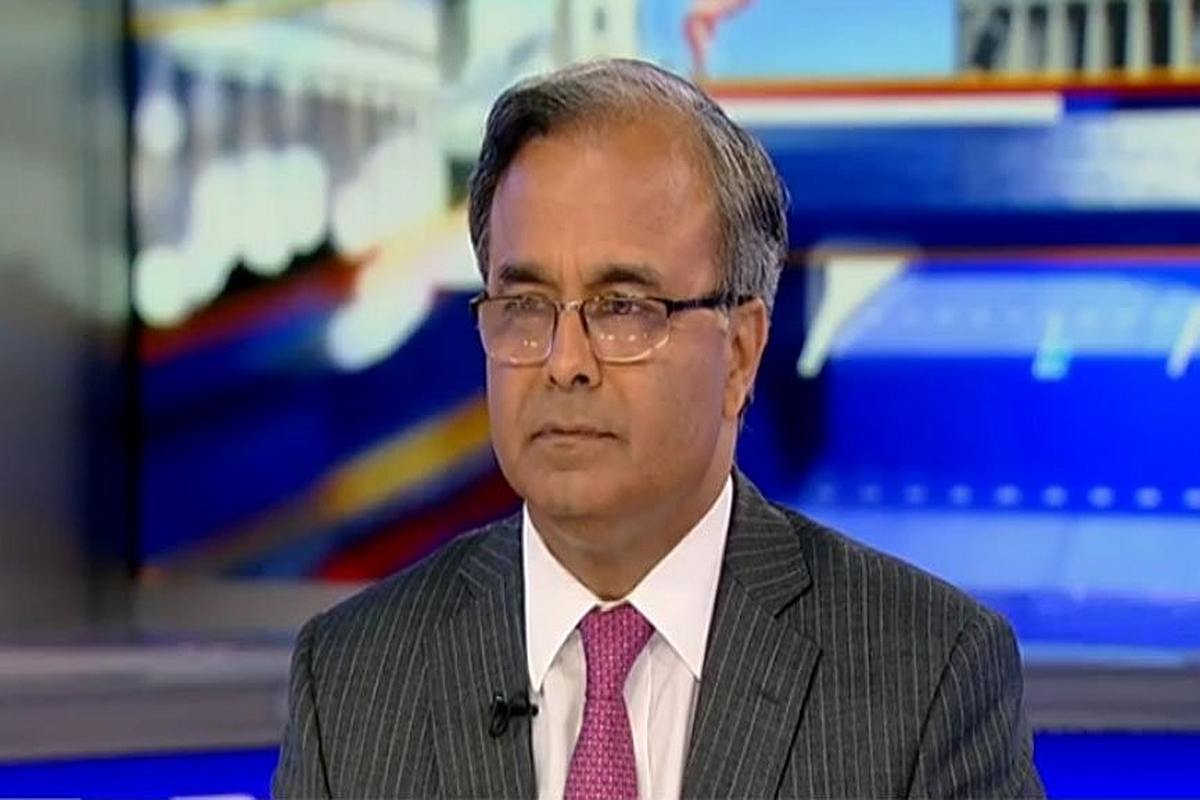Sana Mir and Usain Bolt named ambassadors of ICC T20 WC Qualifier 2024
Former Pakistan skipper Sana Mir and eight-time Olympic gold medallist Usain Bolt have been named as the ambassadors of women’s and men’s ICC T20 World Cup Qualifier 2024.
The Afghan Ambassador slammed Pakistan envoy’s statement saying it ‘runs contrary to the positive and constructive engagement’ President Ashraf Ghani had with Prime Minister Imran Khan

Pakistan's envoy to United States Asad Majeed Khan (Image: IANS)
As Afghanistan and United States negotiate their way to a peaceful end to their 18-year-old conflict, Pakistan envoy’s statement on tense situation in Kashmir attracts flak from his Afghani counterpart.
Pakistan’s Ambassador to the US, Asad Majeed Khan, said the tensions in Kashmir could affect the Afghan peace process. The statement was termed “reckless, unwarranted and irresponsible” by Afghan ambassador to US Roya Rahmani.
In a statement, Rahmani, said Kashmir was a “bilateral” issue between India and Pakistan, and Islamabad’s “motive and insistence to purposely tie the Afghan issue with Kashmir is a deliberate attempt to prolong the violence happening on Afghan soil.”
Advertisement
“It is a poor excuse used by Pakistan to justify its inaction against the Taliban and to avoid taking a decisive stance against the militant group.”
Rahimi also blasted Pakistan’s assertion that the Kashmir tensions could force Islamabad to relocate its troops from the western frontier with Afghanistan to to its eastern border with India as a “misleading statement which inaccurately suggests that Afghanistan poses a threat to Pakistan.”
“There is no threat to Pakistan from Afghanistan. The Afghan government sees no credible reason for Pakistan to maintain tens of thousands of military troops on its western border.”
“On the contrary, Afghanistan’s stability is frequently threatened by Pakistan-based, sanctioned and supported militant and terrorist groups,” she said, adding that these groups regularly undermined Afghan security.
The Afghan Ambassador slammed Pakistan’s envoy’s statement saying it “runs contrary to the positive and constructive engagement” President Ashraf Ghani had with Prime Minister Imran Khan and Army Chief General Qamar Javed Bajwa on his recent visit to Pakistan.
“The Afghan government hopes that the parameters discussed during President Ghani’s visit will remain the foundation for normalising our bilateral relations. We were explicitly told that Pakistan considers the Taliban’s violent activity in Afghanistan a threat to its own stability and wishes to see a stable and democratic Afghanistan.
“It is imperative for Afghanistan and Pakistan to work together constructively to utilise the potential of the region to improve the lives of our respective peoples.”
In an interview with The New York Times, Majeed Khan said India’s decisions on Kashmir “could not have come at a worse time for us” because Pakistan had tried to strengthen military control along the Afghan border, which has long been infiltrated by the Taliban, as part of efforts to end the war in Afghanistan.
“If the situation escalates on the eastern border, we will have to undertake re-deployments.” Pakistan was “not thinking about anything but what is happening on our eastern border,” he added.
Such a possibility could add a new element to peace negotiations between the US and the Taliban, which are said to be in the final stages, he added. Both US negotiators and the Taliban have reported progress after eight rounds of talks since late last year. With America backing country’s government in Kabul and its security forces and Taliban talking about peace, only time will tell how successful the negotiations go.
Tensions have been simmering between India and Pakistan ever since New Delhi on August 5 revoked the special status of Jammu and Kashmir and divided it into two Union Territories, Jammu and Kashmir and Ladakh, in order to bring in faster development and security to the state.
Advertisement